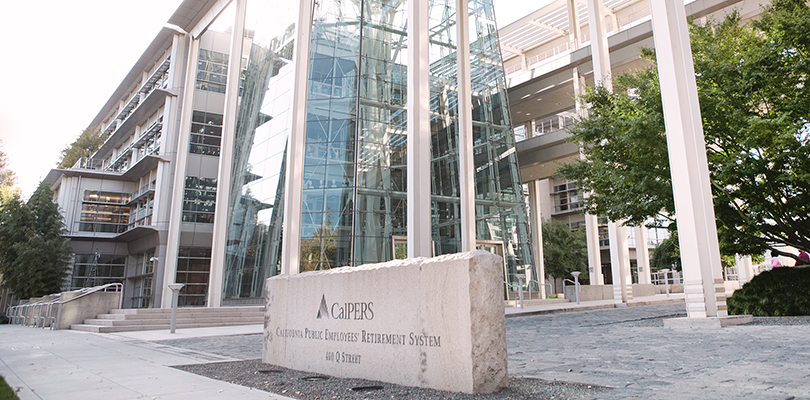So why is the Los Angeles Times demanding that CalPERS choose symbolism over substance?
After all, climate change is already having devastating impacts in California and around the world. We have identified the dangers of a rapidly warming planet as a material risk to the pension promises made to our 2 million members.
But a recent Los Angeles Times editorial insists CalPERS has turned a blind eye to the crisis — even accusing us of being “divorced from morality” by seeking solutions that also provide retirement security for public servants who have dedicated their lives to making our communities a better place to live.
It is shocking to so casually suggest the only path forward is to abandon our fiduciary duty to these Californians and their families.
Fighting climate change and paying for pensions are not mutually exclusive imperatives.
That’s why CalPERS unveiled an expansive Sustainable Investing 2030 Strategy in November. The plan will more than double our investments in climate solutions by 2030, while also reducing the carbon emissions intensity of our holdings by 50%. In addition, CalPERS will ensure accountability for companies to reduce their carbon emissions by developing a process to exit certain securities that put our investments at risk.
But the Los Angeles Times barely reviewed the plan, opting instead to demand divestment under the assumption that it will solve an existential crisis by punishing a handful of companies.
The newspaper is willing to wager our members’ retirement security on a bill in the California Legislature to force divestment of fossil fuel holdings by 2031, regardless of those companies’ progress in turning toward renewable energy.
In essence, we are being asked to ignore our fiduciary duty and, even then, to embrace a future mandate that is built upon unverified scientific standards.
We can’t wait. That’s why CalPERS is taking action now, adopting a strategy that goes faster and farther toward reducing greenhouse gases than divestment.
We are actively seeking opportunities to fund climate solutions proposed by a broad array of companies. These investments will be made across all asset classes of the pension fund, not just in fossil fuels. We look forward to sharing updates on these investments in the coming months.
CalPERS already has committed some $47 billion of its portfolio to climate solutions, on our way to $100 billion in less than seven years — far outpacing what would happen under divestment.
Our approach to sustainable investing is rooted in what works.
Researchers at the University of Southern California and the University of Utah recently released a report that found “companies reduced their greenhouse gas emissions when stock ownership by green funds increased,” because corporate managers responded to the environmental preferences of their investors.
They wrote that divestment, even of polluting companies, may be counterproductive and lead to greater emissions. That’s because the companies would quickly replace CalPERS with new investors who will be unlikely to speak up as loudly or consistently about the urgent need to move toward a low-carbon economy.
Californians need to know that CalPERS is committed to the hard work that lies ahead, that we’re in it for the long haul. We urge those who demand action to support our effort to decarbonize our portfolio and, in doing so, help decarbonize the global economy.

